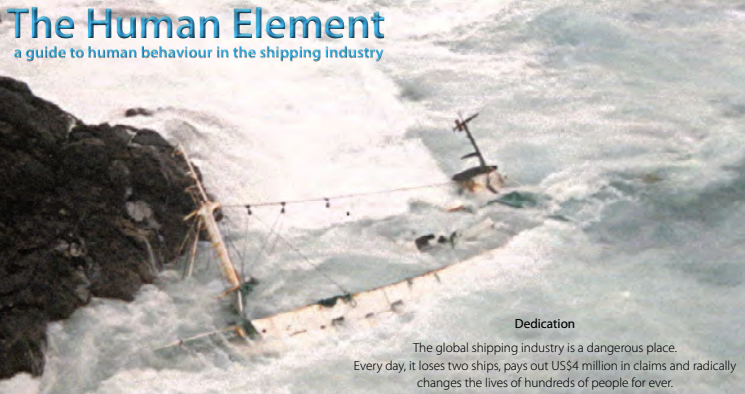Collision of Polesie and Verity: The Risk of Hindsight Bias
Abstract
This report analyzes the collision between two vessels, Polesie and Verity, off the coast of Helgoland and near Bremerhaven and examines the incident with a specific focus on the concept of hindsight bias. Hindsight bias is a cognitive phenomenon that influences how people perceive events after they have occurred. The report provides a detailed account of the collision, its consequences, and how hindsight bias may affect the post-incident analysis and decision-making. Understanding hindsight bias is crucial in improving maritime safety practices and decision-making processes.
1. Introduction
On October 23, 2023, a collision occurred between the Polesie, a 38,100 dwt Bahamas-registered bulker, and the Verity, a 3,400 dwt UK-registered cargo ship, in the North Sea. This report explores the collision and its aftermath in the context of hindsight bias, a cognitive bias that can influence the interpretation and assessment of the incident. Hindsight bias can lead to oversimplified narratives, overestimation of predictability, and attribution errors in post-incident analysis.
2. Incident Overview
The collision resulted in an investigation by German authorities, with charges of negligent homicide and endangering shipping traffic being considered. Four crewmembers of the Verity went missing after the collision, and it is presumed they may have been trapped inside the sunken vessel. One crewmember was rescued by the Polesie, and a second crewmember was also recovered with non-life-threatening injuries. Tragically, one crewmember’s body was found near the collision site.
3. Hindsight Bias in Post-Incident Analysis
Hindsight bias can distort the perception of events in the following ways:
a. Retrospective Coherence: People may construct a simplified and linear sequence of events, overlooking the complexity and uncertainty present during the incident.
b. Overestimation of Predictability: Hindsight bias can lead to an incorrect belief that the collision was highly predictable based on available information at the time.
c. Attribution Errors: Blame and responsibility may be assigned unfairly due to the perceived predictability of the collision.
4. Impact of Hindsight Bias on the Collision Analysis
The collision analysis is influenced by hindsight bias in several ways:
4.1. Simplified Sequence of Events: Investigators may create an overly coherent narrative that underestimates the complexity and uncertainty during the incident.
4.2. Overestimation of Predictability: The collision may be perceived as more predictable after the fact, leading to a biased assessment of crew actions.
4.3. Attribution Errors: Hindsight bias may affect how blame is attributed, possibly resulting in an inaccurate distribution of responsibility.
5. Mitigating the Impact of Hindsight Bias
To mitigate the influence of hindsight bias on post-incident analysis, the following steps can be taken:
5.1. Transparent Investigation Protocols: Ensure that investigations are conducted following well-defined, transparent protocols considering the complexities and uncertainties in maritime incidents.
5.2. Diverse Perspectives: Include multiple perspectives, including those of the vessel crews and experts, to obtain a more comprehensive understanding.
5.3. Document Decision-Making Processes: Proper documentation of decisions made before the incident can provide context and counteract the tendency to view events as more predictable after the fact.
6. Conclusion
The collision of Polesie and Verity will serve as a poignant case study to explore the impact of hindsight bias on post-incident analysis and decision-making in the maritime industry. Recognizing and mitigating the effects of hindsight bias is crucial for improving maritime safety practices, decision-making, and the objective assessment of incidents. As investigations continue, the industry must focus on comprehensive analysis, fostering transparency, and learning from this tragic collision to enhance maritime safety.
Additional Reading and Links
MSIL : Jennifer Serne and Jeff Dalto : Cognitive Biases & Incident Investigations
JSTOR : Regressive safety practices in the globalised shipping industry – Bhardwaj (2014)
EuroControl – Hindsight 35 – Applying Just Culture in Rail: Drawing Parallels From Aviation (2023)


